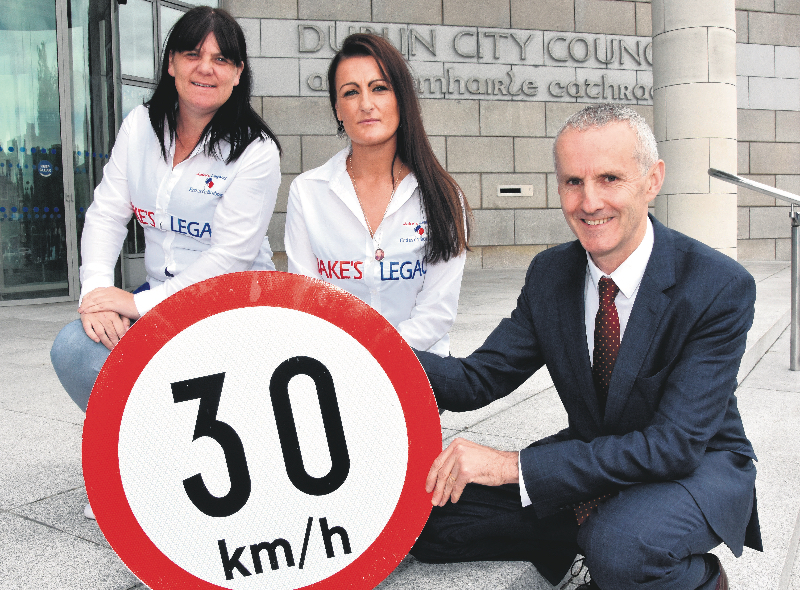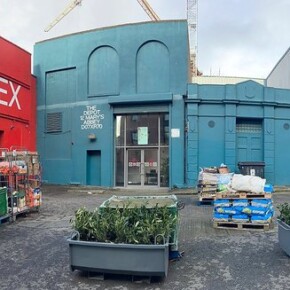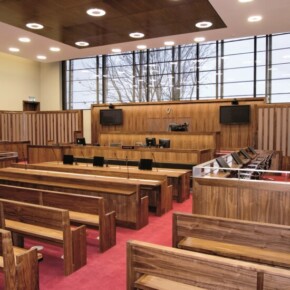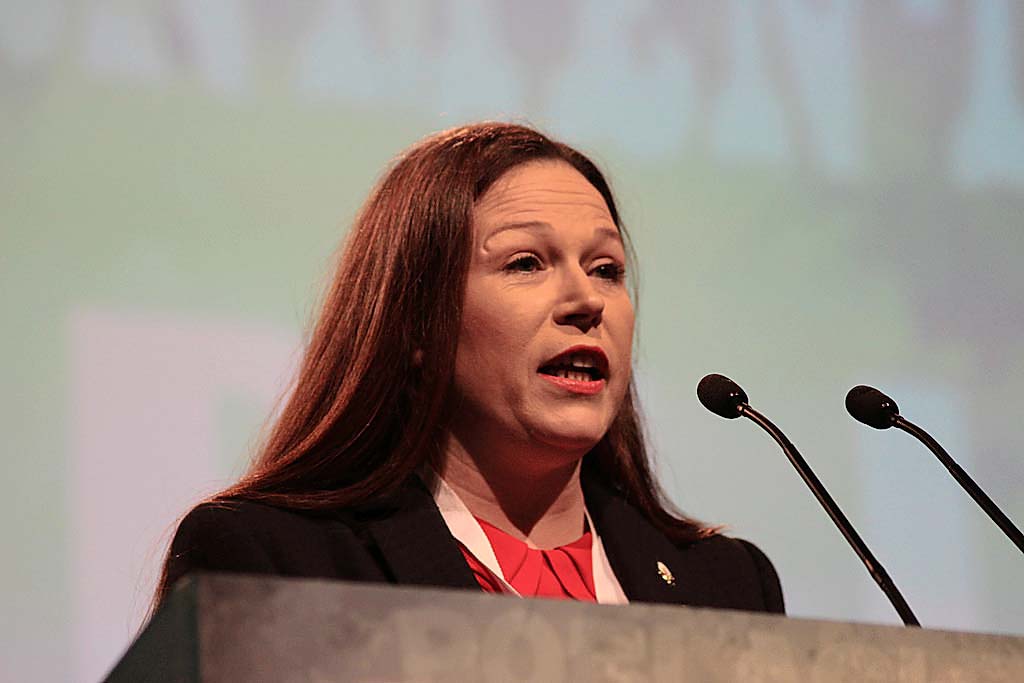Help end senseless deaths
Dublin People 16 Jul 2016
DUBLIN City Council is asking the public to give their views on the proposed expansion of the 30km/hr speed limit zones in certain residential areas.
As part of its review, the council is proposing to continue its rollout of 30km/hr speed zones, which were first introduced to Dublin in 2005 with a further expansion in 2010, by the adoption of the Special Speed Limit Bye-Laws 2016.
A consultation process is now underway and will run until August 24 and the public are invited to view the proposed bye-laws and make submissions. The council is also looking for feedback in relation to identifying possible additional roads and streets for the next phases of the proposal.
Currently, there is a 30km/hr speed limit in the city centre in Dublin 1, Dublin 2, Marino in Dublin 3 and Irishtown and Ballsbridge in Dublin 4.
According to Roseanne Brennan, founder of Jake’s Legacy, Ireland as a nation needs to stand up and accept that speed is a huge problem in road safety. Her son was tragically killed after being hit by a car close to his home.
“We need to act now for prevention of more senseless deaths,” she said. “We ask you to support Dublin City Council’s proposal to reduce the speed limit from 50km/hrs to 30km/hrs in residential areas. It adds a little time to your journey, but trust me, that’s a lot better than a life sentence of knowing you took an innocent life.”
According to Ciarán Cuffe, chairperson of the Transportation Strategic Policy Committee on Dublin City Council, speed is a major contributory factor in road deaths in the Republic of Ireland. He said that 21 per cent of all road deaths every year are caused by excessive speed, with 54 per cent of those fatalities being pedestrians.
“London has already introduced 20mph speed limits in wide areas and Edinburgh has begun to roll out 20mph speed limits this summer to cover 80 per cent of the city,” Cllr Cuffe said. “A number of other European cities are progressing to introduce speed limits similar to our 30km/hr proposal, such as Paris, Lyon, Manchester and many cities and towns in Switzerland and Spain. Lower speed limits save lives and improve the quality of life in our cities.”
Declan Wallace, Director of Traffic for Dublin City Council, added: “The overriding principle that must inform any decision to change a default speed limit should be road safety. In addition, to be effective, a speed limit should be self-enforcing and regarded as appropriate by road users and should not be imposed on a road unless there is a clear justification for doing so.
“By self-enforcing we mean that the road layout and the behaviour or mindset of motorists must complement each other and support any introduction of a revised speed limit, such as additional 30km/hr speed zones.”
All details, including how to make submissions, are available at www.dublincity.ie/speedreview.











